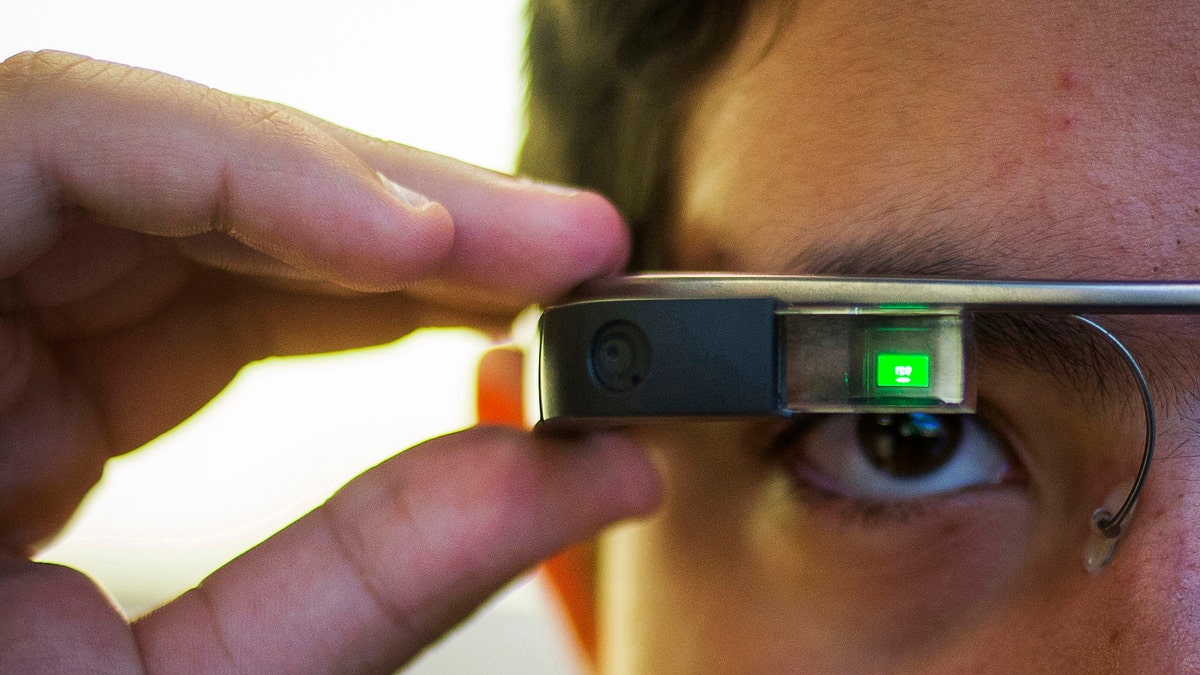
Tiago Amorim of Brazil, poses with a Google Glass eyewear frame in Manhattan, New York Sept. 19, 2014. (REUTERS/Adrees Latif)
Google has announced a major shakeup of its Google Glass business, refocusing its efforts around enterprise applications and ending its Explorer program where individuals could buy the high-tech eyewear.
In a post on Google+ the tech giant explained that Jan. 19 will be the last day to get the $1,500 Glass Explorer Edition. “In the meantime, we’re continuing to build for the future, and you’ll start to see future versions of Glass when they’re ready,” it added.
Set up as an “open beta,” the Explorer program aimed to draw on users' experiences to shape future versions of the Glass technology.
The Wall Street Journal reports that the company’s Glass operation is moving from the Google X research lab to become a standalone unit reporting to Tony Fadell. Former Apple executive Fadell runs smart home technology specialist Nest Labs, which was acquired by Google for $3.2 billion in 2014.
While the Explorer program is about to end, the Wall Street Journal reports that Google will continue selling Glass to businesses for work applications. The tech giant plans to launch a new version of Glass in 2015, according to the report.
Jon Fisher, CEO of certified Google Glass developer CrowdOptic, believes that the new strategy makes sense. “This is the right move for Glass representing maturity from skunkworks to a real product line and focus,” he told FoxNews.com, via email. CrowdOptic, he added, has seen “incredible” enterprise adoption of Google Glass in the last two quarters.
The changes mark a significant strategic shift for Google, which appears keen to exert much tighter control over Glass development.
There has been plenty of chatter about the next generation of Google Glass, from a revamped design to rumors of an Intel chip inside the device.
A question mark, however, has hung over Google Glass as a consumer product. Critics, for example, have repeatedly voiced privacy concerns about the technology.
Reuters reported in November that nine out of 16 Glass app developers it contacted had stopped work on their projects or abandoned them, citing lack of customers or device limitations. Three other developers, however, had shifted their Glass focus from consumer to business apps.
Follow James Rogers on Twitter @jamesjrogers
